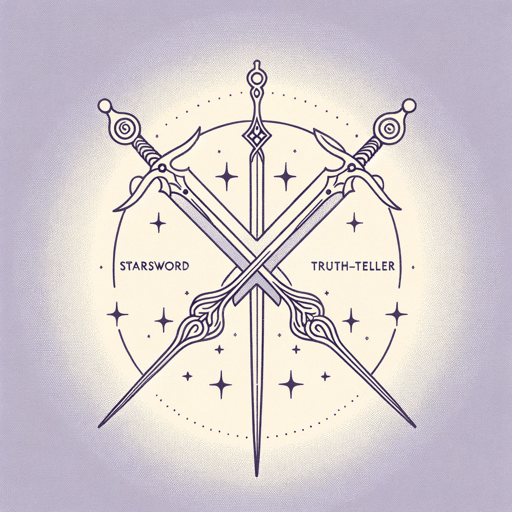63 pages • 2 hours read
Sarah J. MaasHouse of Flame and Shadow
Fiction | Novel | YA | Published in 2024A modern alternative to SparkNotes and CliffsNotes, SuperSummary offers high-quality Study Guides with detailed chapter summaries and analysis of major themes, characters, and more.
Themes
Redemption for the Worthy
Content Warning: The source material features depictions of oppression, discrimination, and graphic death and violence.
In House of Flame and Shadow, every point-of-view character struggles with the concept of redemption and atonement.
One conflict is about realizing that many people who have done wrong deserve forgiveness. Learning the true history of the Asteri and of her own people, the Starborn Fae, damages Bryce’s ability to look for the good in others—she sees that the leaders of both peoples were power-hungry conquerors bent on domination. Her newfound cynicism lead her to temporarily believing no Fae worthy of redemption—a stance that positions Bryce on the same racist continuum that has kept the humans of Midgard oppressed by the Vanir. However, her time in the Night Court undercuts this way of thinking, as Bryce realizes that she cannot judge an entire people by the actions of their totalitarian ruler: “Nesta hadn’t been anything like Silene or Theia” (281). Remembering that helps Bryce stop judging al the Fae in Midgard by the same standard: Fae allies such as Nesta and Azriel give Bryce hope for the future of the Fae on Midgard.
However, the question of redemption is also directed inward. When Hunt blames himself for endangering Ruhn and Baxian, the regret and shame of his past failures floods Hunt with the many deaths he believes are on his hands.
Related Titles
By Sarah J. Maas

A Court of Mist and Fury
Sarah J. Maas

A Court of Silver Flames
Sarah J. Maas

A Court of Thorns and Roses
Sarah J. Maas
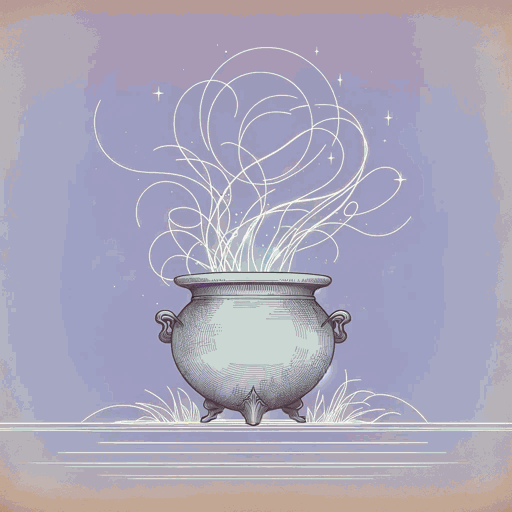
A Court of Wings and Ruin
Sarah J. Maas
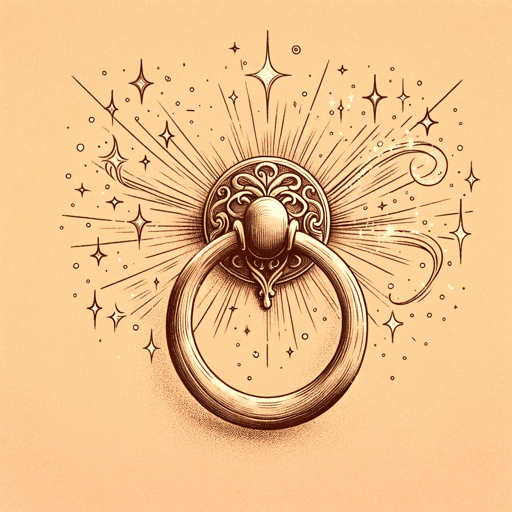
Crown of Midnight
Sarah J. Maas
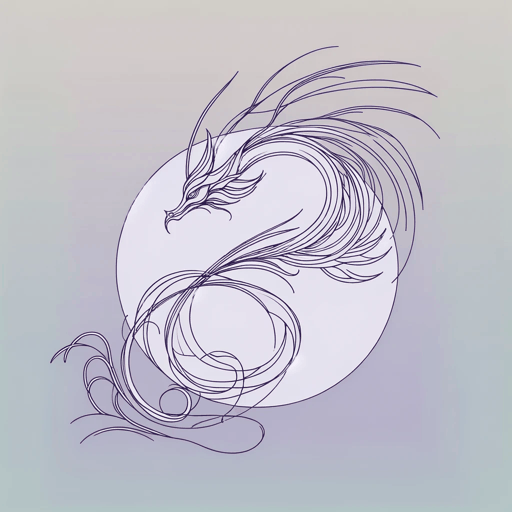
Heir of Fire
Sarah J. Maas

House of Earth and Blood
Sarah J. Maas
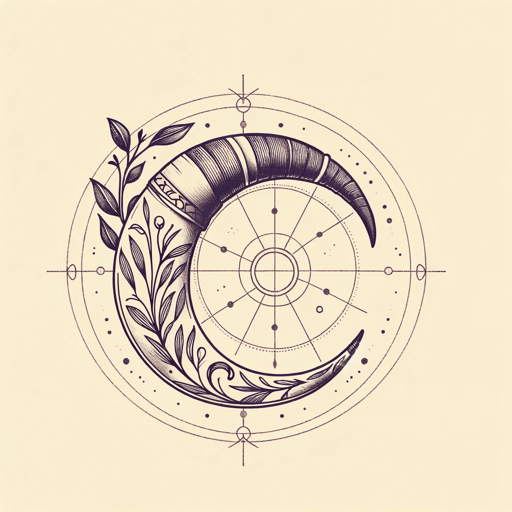
House of Sky and Breath
Sarah J. Maas

Kingdom of Ash
Sarah J. Maas
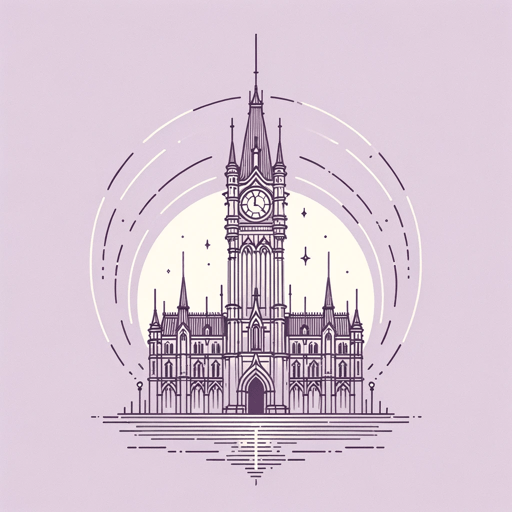
Queen of Shadows
Sarah J. Maas
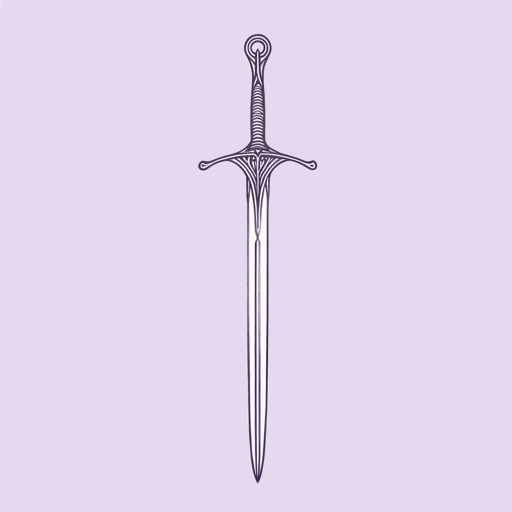
Throne of Glass
Sarah J. Maas
Featured Collections
Action & Adventure
View Collection
Colonialism & Postcolonialism
View Collection
Coming-of-Age Journeys
View Collection
Earth Day
View Collection
Equality
View Collection
Forgiveness
View Collection
Good & Evil
View Collection
Guilt
View Collection
Hate & Anger
View Collection
Loyalty & Betrayal
View Collection
Popular Study Guides
View Collection
Romance
View Collection
Safety & Danger
View Collection
Teams & Gangs
View Collection
The Best of "Best Book" Lists
View Collection
Valentine's Day Reads: The Theme of Love
View Collection
War
View Collection
